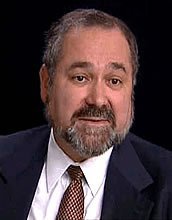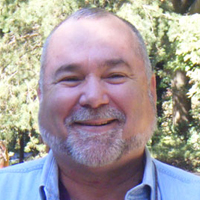
True Cost Economics has been around for a while–Dr. Herman Daly of the University of Maryland merits much of the credit–but it now seems to be catching on.
Not quite catching on, but being discussed by individuals who already appreciate the urgency of teaching and researching true cost economics, is the need to switch from measuring inputs to measuring outputs and outcomes.
Although the US Intelligence Community has long been in need of this approach, to my great surprise I now find that some of the best minds in the university world are thinking along these lines.
In the university world this is called “assessment of learning.” That is, rather than focusing on inputs (number of hours in classes), universities are working to measure outputs — whether students are acquiring the capabilities that professors intend. Instead of learning to memorize and regurgitate, students are being asked to perform — to be a student of practice, applying knowledge in context.
In development agencies there is a gestating effort to shift from building schools to producing literate people — that means less focus on rote learning and credentialing, and more focus on memorable communication including education delivered one cell call at a time.
Note: Assessment of learning is an Epoch A approach, but a very positive development. Child-driven education is the Epoch B approach.
See Also:
2011 Introduction to Student-Involved Assessment FOR Learning, An (6th Edition)
2009 Seven Strategies of Assessment for Learning
2007 Checking for Understanding: Formative Assessment Techniques for Your Classroom





